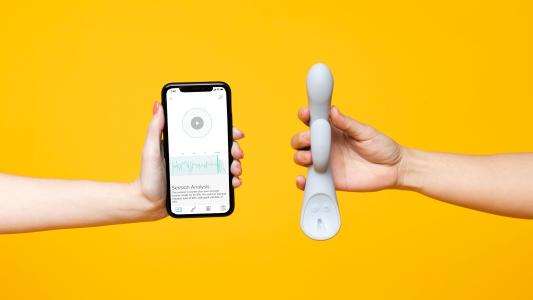For many of the nearly 2.3 million incarcerated Americans, keeping in touch with people on the outside isn’t easy.
Though prisons and jails generally do allow inmates to call, email, or video chat with their loved ones, they also often charge exorbitant rates, which leaves physical mail as the best (and sometimes, only) option for people behind bars.
Even then, inmates still sometimes don’t receive the letters and cards sent by their loved ones because they violate the facility’s mail rules, which vary from place to place and can dictate everything from acceptable paper sizes to writing implements.
Now, a “robot lawyer” is making it easier for people to send letters to inmates by automating much of the process — just write your message, and it takes care of the rest.
Robot Lawyer on Retainer
The robot lawyer is actually an AI-powered app called DoNotPay, and it’s the brainchild of British-American entrepreneur Josh Browder.
Browder developed the robot lawyer while still a teenager as a way to help people get out of parking tickets — they answer questions asked by the app’s chatbot and snap a picture of their ticket, and it writes up an appeal letter for them.
In the five years since DoNotPay’s launch, Browder has added a number of features to the robot lawyer — it can now help people dispute evictions, cancel subscriptions, and navigate small-claims court, all for a $3 monthly fee.
DoNotPay Tackles Prison
On October 15, Browder unveiled DoNotPay’s new prison mail feature.
A user starts by entering the name of the person they want contact in the app’s search tool. The robot lawyer then scans the roster of inmates in federal, state, county, or ICE detention centers, all at once — no need to go to a specific facility’s website to find the address.
The user then chooses the design they want for the letter and writes their message. DoNotPay does not read the contents of the letter, Browder told Vice — everything written in it is kept private.
DoNotPay then prints the letter, following the facility’s specifications, and mails it to the inmate along with the postage they need to send a letter back to the original writer. There’s no additional cost for using the feature.
We’d love to hear from you! If you have a comment about this article or if you have a tip for a future Freethink story, please email us at [email protected].






